 Attracting talent to meet today’s business needs is one of the top challenges organizations face. So to help you get started in facing this challenge, here are a few helpful tips from Theresa Bolton, our Sales & Marketing Recruiter. By keeping these best practices in mind, your business will be well on its way in attracting high quality individuals to meet your needs.
Attracting talent to meet today’s business needs is one of the top challenges organizations face. So to help you get started in facing this challenge, here are a few helpful tips from Theresa Bolton, our Sales & Marketing Recruiter. By keeping these best practices in mind, your business will be well on its way in attracting high quality individuals to meet your needs.
CANDIDATE ATTRACTION AND RECRUITMENT TIPS
- Make sure you have an accurate and compelling job description. Clear and concise job descriptions can both attract candidates that are suitable for the job while simultaneously weeding out candidates who aren’t suitable. Do you have a well written job description? Is it compelling? Can someone reading it easily see themselves in that role? Get others to review it and get their opinion on the impact.
- Develop a plan on how you are going to recruit. What’s your process for identifying a hiring need to then hiring the best employee possible? How are you going to get the word out that your organization is hiring? Through word of mouth, advertising (free or paid), using a career portal on your website, or hiring a Recruiter?
- Respect your candidates. Every candidate is connected and even if they are not the right candidate for this job, they have a network that may contain candidates suitable for your organization. Treat the candidate with respect, no different than how you would treat a customer. Word of mouth is a powerful tool and people won't hesitate in sharing their experiences with your organization should someone ask.
- Limit the number of interviews. You will know after the first interview whether or not this candidate has the skills, qualifications, and potentially the work ethic and personality required to fit into your organization. After that first interview, if you need additional information from the candidate schedule a second interview to explore further. If possible, have another person sit in on the interview to provide additional perspective. Your time is just as important as the candidate you are interviewing, so respect it.
- Don’t lose momentum. The war for talent is real. If you have a great candidate you are considering for a role, don't wait too long. Other companies can recognize talent too and your great candidate won’t be on the market for long. If you don’t “make” the time to respond quickly you risk losing the candidate, leading to an even longer and more costly process.
- Demonstrate a rich corporate culture. Be aware that a good candidate will be evaluating your organization as a fit for them, just as much as you are evaluating whether they are right for you. You need to demonstrate why your organization is a great place to work. What sets you apart from the competition?
- Ensure the total compensation package is competitive. A compensation package isn’t just the base salary, it also includes bonuses, employee benefits, vacation and other perks. Do you know if your compensation is aligned with industry standards? Do you know how your benefits compare with other organizations? Candidates consider Employee Benefits to be almost as important as the compensation itself. Not only does it provide them with piece of mind to having access should they need it, it creates a feeling that their employer truly cares about them and their family. Set yourself apart from your competitors and differentiate yourself as an employer by offering varied and comprehensive benefits. Don’t forget about the non-monetary benefits like technology, the opportunity to work from home, and the flexibility to attend personal functions like your children’s activities.


